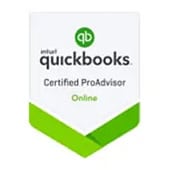If you don’t receive a W-2 or 1099, is this a defense to protect yourself from not reporting the income during an audit?
In short, the answer is no. You are required to report your income whether your employer or customer filed the correct form or not. So what can you do to ensure you do not find an audit surprise in your future due to a simple omission of income from a report you did not receive? Here are some tips:
- Keep good records. Do not depend on someone else’s records to file your taxes. Keep your own records and then use them to ensure the information on your tax return is accurate.
- Make a list. Start making a list of your employers and others you believe should be sending you a W-2, 1095-A, 1098, 1099 or other tax form. Put the list in a file and check off each name when you receive their form. Use last year’s tax return to help you create your initial list.
- Double check. When you receive the forms, review your records to see if you agree with the information reported to you. Use your last paycheck stub to check your wage reporting, use your bank statement to confirm interest income, use your investment statements to confirm stock and mutual information and use invoices to confirm miscellaneous income.
- Take charge. If you are missing a form or the form received is in error, contact the firm supplying you the information and get it corrected as soon as possible. If tax filing due dates are approaching, you may need to file an extension while waiting for the corrected form.
- Record the correct information, no matter what. Record the correct information on your tax return, even if you lack the required form. Not receiving a tax form is not a workable audit defense.
If you receive a notice from the IRS regarding a possible missing item, consider filing an information request to see what the IRS has on file for you. It may help better identify the area of mismatch.








